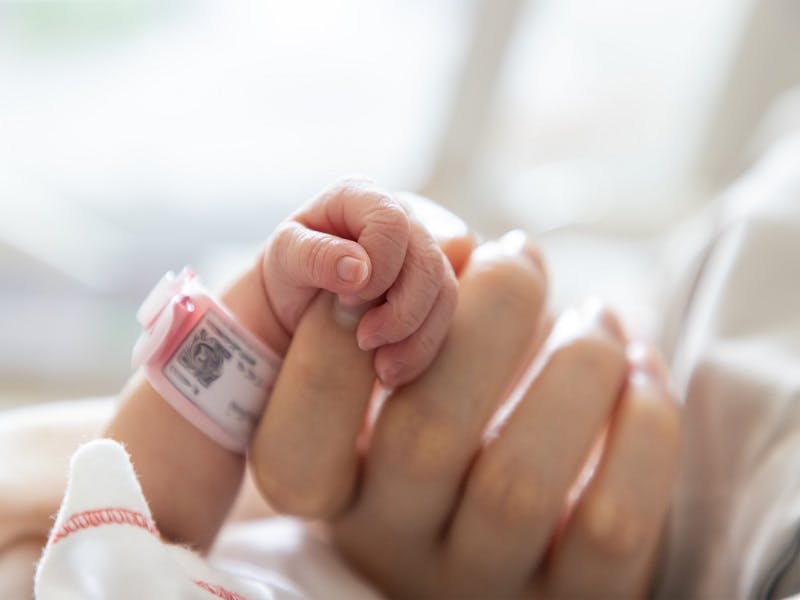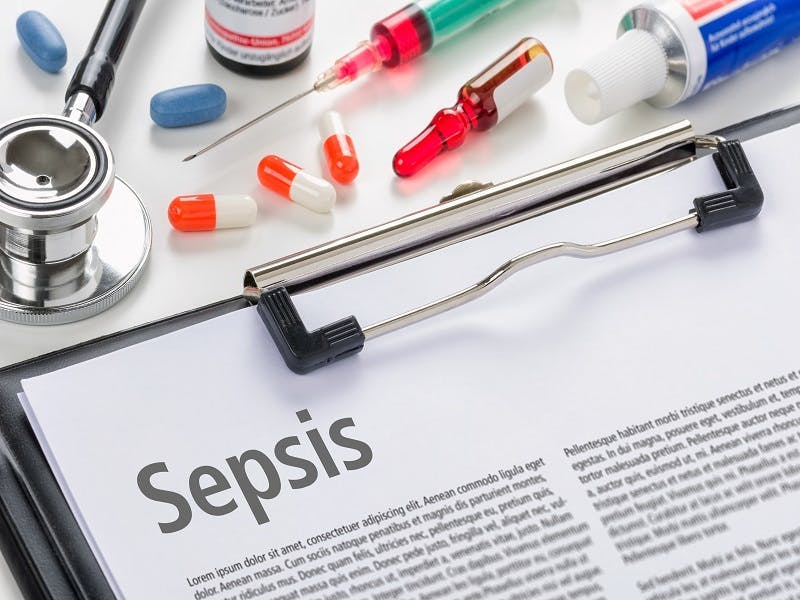Report criticises inquests into the deaths at Gosport War Memorial Hospital
By Suzanne Munroe
I noted in my blog on the Gosport War Memorial Hospital scandal that the report concluded that hundreds of premature patient deaths were caused by the inappropriate prescription and over-prescription of opioid painkillers.
This blog looks at the failures in the early investigations into the deaths. It will also consider the issues in chapter 8 of the report concerning the inquests.

The report found evidence of opioid use without appropriate clinical indication in 456 patients, with probably at least another 200 patients similarly affected. The report concluded that the lives of those 656 or more patients were shortened as a direct result of the pattern of prescribing and administering opioids that had become the norm at the hospital.
Dr Jane Barton oversaw the practice of prescribing on the wards at the hospital. She was a GP who was also employed at the hospital for 12 years from May 1988.
It is clear that it was not only Dr Jane Barton at fault. These were not individual acts of negligence. There were systemic failures. For this reason it was important to have a full investigation into what lay behind the deaths.
The report noted that relatives: “ …were consistently let down by those in authority…”. This included the coronial system.
The Inquests (the Coronial System)
In August 2007 the Coroner expressed “…deep misgivings about handling these cases as inquests. The conduct of the doctors concerned was an issue, but so too was the management of the hospital.” The Coroner considered that “….a public inquiry into all the deaths is needed to allay public concerns about what happened in a way which the limited scope of the inquest could never do so.” This fell on deaf ears and the Ministry of Justice responded that any decision on a public inquiry was a matter for the Department of Health. But the DoH felt that the matter should proceed by way of inquests.
The report expressed the view that the decision not to hold a public inquiry was a missed opportunity. The inquests held were not able to consider matters relating to the management at the hospital and the history of events that dated back to 1991 in sufficient detail.
The report commented: “The suggestion that the deaths at the hospital did not raise ‘matters of national importance’ was surprising.”
The police had looked at over 100 deaths. Only 11 inquests were listed for hearing, 10 together and then a further inquest on its own. There were 92 other deaths that also required inquests to be held.
The problem was that the 92 other deaths investigated by the police were not reported to the Coroner at the time of the deaths, even though “all had elements to them suggesting that the circumstances of the deaths might not be entirely natural” . The report came to the conclusion that the Coroner and Assistant Coroner were given very little information by the police in relation to the other deaths.
It was originally thought that the inquests would engage Article 2 of the Human Rights Act. However, following discussions with the solicitor acting for the Trust responsible for the hospital, the Assistant Coroner decided that Article 2 was not engaged. This limited the extent and scope of the inquests.
A number of concerns were raised about the conduct of the inquests both during and after:
- Nobody involved in the management of the hospital, or any senior administrator, gave evidence at the inquests.
- Not all of the appropriate experts had been called to give evidence at the inquests – the reports of five medical experts had not been put before the jury for consideration.
- Concern was raised during the inquests that the experts had not been given all of the evidence prior to them writing their reports.
- Barristers acting for the families at the inquests expressed concern about “missing” evidence because there was no evidence in relation to opioid toxicity.
- A request to adjourn the inquests to obtain reports on opioid toxicity was refused.
- The Coroner refused to leave the verdicts (now called conclusions) of unlawful killing or neglect to be considered by the jury.
- The questions that were put to the jury by the Coroner were limited because the inquests were not conducted under Article 2.
The report noted that, had the inquests been conducted under Article 2, answers to additional questions could have formed part of the jury’s narrative verdict.
In summary, in addition to the bullet points above, the report is very critical of: the delays in starting the inquests, the limited number of inquests held, the failure to hold a public inquiry, the very late provision of Legal Aid funding for legal representation to the families, the failure to engage Article 2 HRA, the conduct of the inquests, and the lack of action taken after the inquests to prevent future deaths.
Read more:
- For a copy of the report, click here.
- Gosport hospital deaths: Prescribed painkillers ‘shortened 456 lives’ (BBC, June 2018)
- Gosport hospital: more than 450 patients died due to opioid drugs policy (The Guardian, June 2018)
- Gosport hospital deaths: how victims’ families were let down for 20 years (The Guardian, June 2018)
You should seek legal advice if you think that the death of a loved one may have been caused by medical error or mistake. The medical negligence team at Switalskis can help you with this, and can offer advice and assistance if the coroner decides to hold an inquest. Call us on 0800 138 0458 or send us a message via the contact form below.




